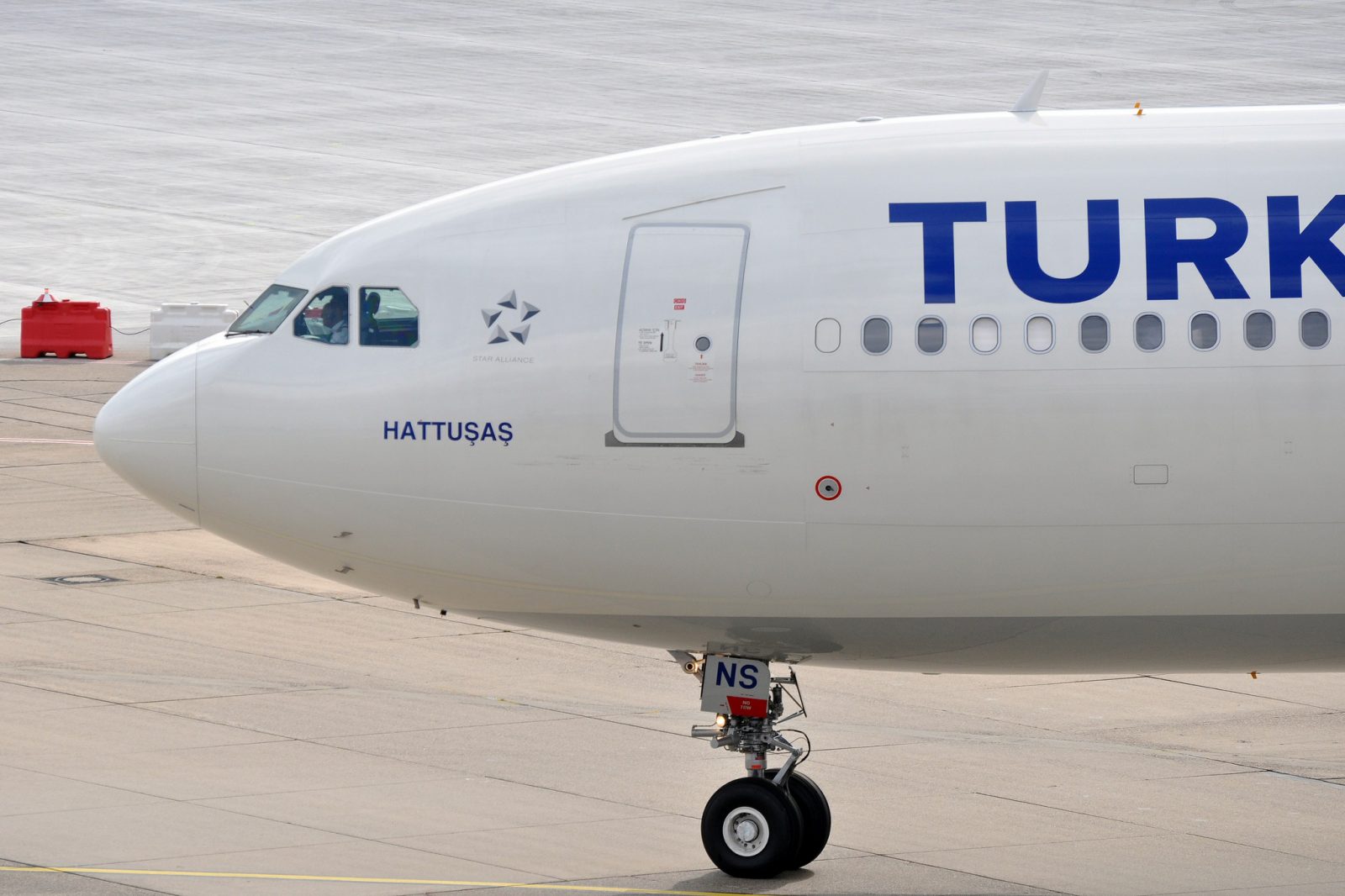
Despite being a signatory of the ‘United for Wildlife’ Buckingham Palace Declaration, a leading animal protection charity has accused Turkish Airlines of failing to do enough to stop smugglers using its aircraft to illegally transport wild animals around the world. As a first step, World Animal Protection is now calling on Turkish Airlines to immediately stop transporting all species of birds until it gets a grip on the problem.
Turkish Airlines flies to more countries than any other airline in the world (around 121 at the last count) and has a big presence sub-Saharan Africa, making it an attractive airline for smugglers to make use of. World Animal Protection says its research has found the airline is being used to illegally transport grey red-tailed parrots from the Democratic Republic of Congo, Nigeria and Mali to the Middle East and Asia.
The animals, which are bought for hundreds of dollars a bird, are then kept as pets in cages. But sometimes, things go wrong – Karin Bilo who is World Animal Protection’s campaign manager says more than 60 of the birds died during just one shipment in August 2018. The birds had been loaded on board a Turkish Airlines plane in Congo and were destined for Kuwait via the airline’s hub in Istanbul.
The illegal trade in wildlife is estimated to be valued at around $50-150 billion – the fourth most lucrative international crime after drugs, arms and human trafficking. United for Wildlife, which is led by Prince William The Duke of Cambridge, says the trade not only threatens some of the world’s most iconic species but also damages sustainable economic growth in some of the world’s poorest regions.
The illegal trade drives corruption and is linked to money laundering. It can harm economic development and many innocent people ahave murdered by the poachers and smugglers.
The Buckingham Palace Declaration was signed by a number of high profile transport companies in 2016 who all committed to stopping their organisations being used by criminals to transport endangered species. Described as a “landmark agreement” which took thousands of hours of work to achieve, the declaration sets out a number of commitments to stamp out illegal wildlife trafficking.
For example, transport companies agreed to share information with one another and law enforcement to help identify and ban possible traffickers. Some airline, like Emirates, took further measures such as training staff to detect possible illegal shipments. The airline also banned so-called trophy shipments because the paperwork is so often forged.
And while Turkish Airlines signed up to the declaration in 2017, World Animal Protection says the airline has failed to prevent illegal animal transport on its planes. It has attempted to contact Turkish Airlines on a number of occasions but has been stonewalled by the company.
Now the airline is calling on you to help: They want as many people as possible to call, email and message Turkish Airline and ask them to stop transporting birds immediately. Your local Turkish Airlines office can be found here. More details on United for Wildlife can be found here and the World Animal Protection website is here.
Related
Mateusz Maszczynski honed his skills as an international flight attendant at the most prominent airline in the Middle East and has been flying ever since... most recently for a well known European airline. Matt is passionate about the aviation industry and has become an expert in passenger experience and human-centric stories. Always keeping an ear close to the ground, Matt's industry insights, analysis and news coverage is frequently relied upon by some of the biggest names in journalism.







